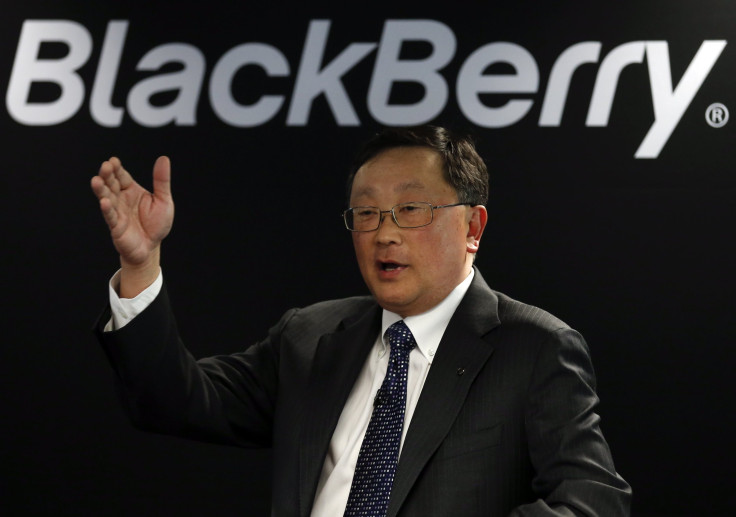BlackBerry to switch to Android operating system for its forthcoming devices

There was a time when BlackBerry ruled the business phone sectors and had dominated the corporate and government sales across the globe. After the smartphone took the mobile market by storm, BlackBerry’s market dwindled. However, BlackBerry introduced BlackBerry Priv with Android operating system and it received the positive response.
After tasting the success of BlackBerry Priv in the smartphone market, CEO John Chen has decided to go ahead with Android operating system for its upcoming smartphones. Chen confirmed to CNET that its traditional BlackBerry OS will be ditched and instead Android smartphones will be released for the 2016 calendar year. He made the comments at the Consumer Electronics Show (CES 2016) in Las Vegas.
BlackBerry adopted this move for gaining the lost ground in the smartphone market. Several app developers have ignored the BlackBerry platform, which has resulted in the market share being reduced to single digits, notes Android Police.
The move comes as a surprise for everyone as Blackberry had committed to its home-grown operating system for the better part of the decade, even though Android and iOS took over the mobile software industry.
Android Police says that as Blackberry is unlikely to bring any development in its OS, the Canadian company has taken the shrewd move to ensure that the company does not end up like former competitors Palm and Nokia. Both companies were dedicated to their own operating system which led to eventual failure and acquisition.
CNET stated that BlackBerry may be planning to launch a new smartphone in 2016. Rumours are already making rounds that the new smartphone will have a fixed keyboard, which is the company’s traditional design. Chen said that BlackBerry Priv has witnessed good sales for the first two months. Furthermore, the phone is expected to increase its sales after debuting on AT&T, Verizon, T-Mobile, and Sprint.




















